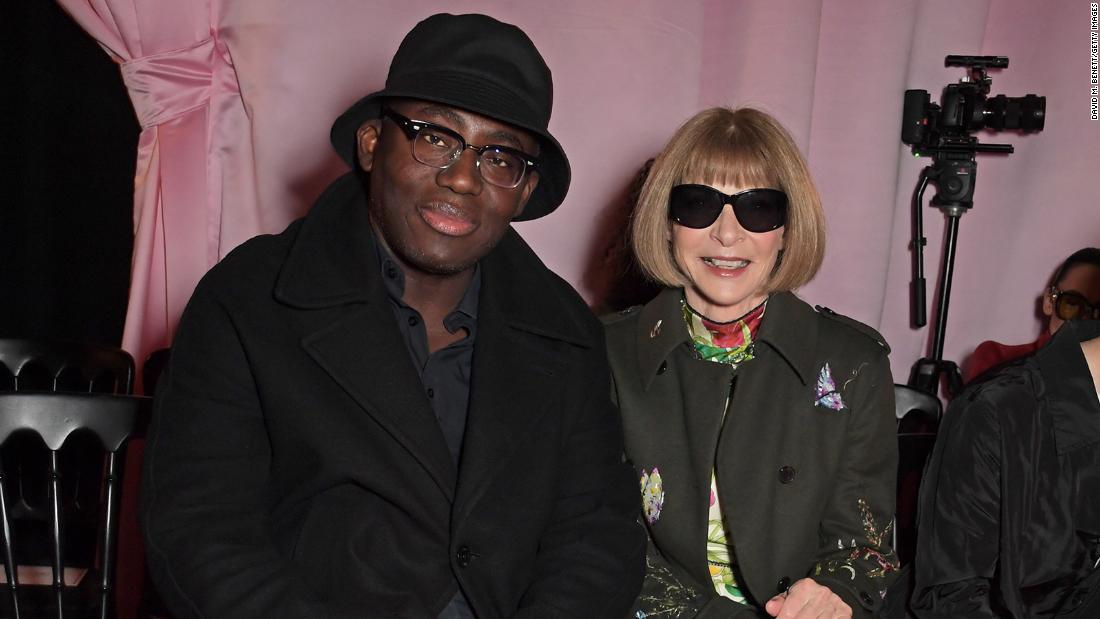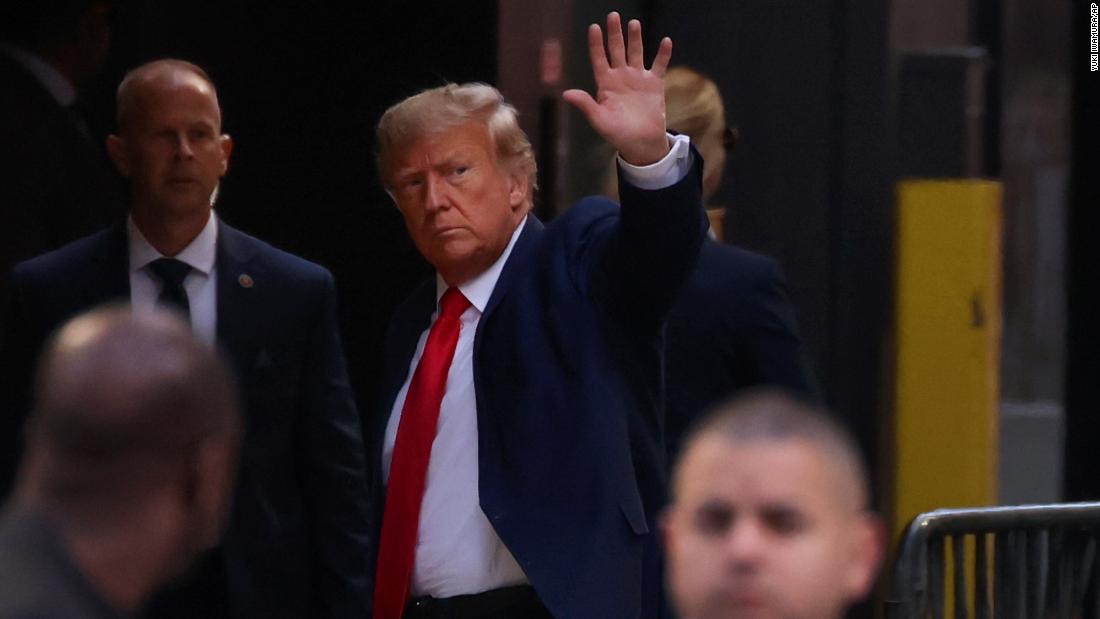Chinese women buy up sanitary products in Hong Kong amid safety fears
Foreign-branded products seen as safer option than those made back home.

Mainland Chinese shoppers are once more converging on stores in Hong Kong, but this time, they’re not in search of infant formula, clean cooking oil or Yakult probiotic drinks.
They’re buying up large quantities of sanitary towels and other feminine care items, spurred by reports of contaminated and discolored cotton filling in similar products made just across the border in mainland China and sold in Chinese stores.
“The quality’s more acceptable,” a resident of neighboring Guangzhou city shopping for sanitary products at one store in Hong Kong told Radio Free Asia in a recent interview. “I’m not so worried about using them because there are guaranteed standards.”
“I wish Chinese state-owned enterprises and regulatory authorities would follow up on safety issues around Chinese sanitary towels,” said the woman, who gave only the surname Zhang for fear of reprisals.
“I don’t buy them there anymore,” a woman who gave only the pseudonym Chen told RFA. “I only buy them here.”
RELATED STORIES
Chinese shoppers panic buy pressed cooking oil amid safety fears
Taiwan finds banned Sudan Red dye in chili powder from China
Chinese women unimpressed by government’s plan to make more babies
More than 340 million women aged 15 to 49 use sanitary napkins in China, with sales of such products worth around 98 billion yuan, or US$13.4 billion.
Yet many mainland Chinese women don’t trust feminine care products that are made in China.
Chinese companies have been embroiled in a string of public health scandals affecting foodstuffs in recent years, including other incidents involving Sudan Red in foods, melamine-tainted milk, used “gutter” cooking oil and cadmium-tainted rice.
Skimping on quality
Women have been taking to social media in recent weeks to report quality issues in sanitary products made in mainland China, including reports of substandard cotton filling that has been recycled from questionable sources, is discolored or contaminated.
A social media video last month showed one raw material supplier telling a blogger that the recycled material being sold as filling for sanitary towel manufacturers “came from diapers.”
Another blogger cut open a Sanwu brand product on camera, finding “inexplicable black blobs and foreign objects” in the filling, including a human hair.
Chinese manufacturers have also been accused of skimping on quality, including supplying sanitary towels that are several centimeters shorter than their advertised length.
“It’s a hot topic on Douyin right now that some sanitary towels just aren’t long enough,” a Shenzhen resident who gave only the surname Shen for fear of reprisals told RFA in a recent interview. “Some have been said to be unhygienic, with filling that looks black when you shine a light on it.”
Following social media complaints on Douyin and Xiaohongshu, government-backed media The Paper tested 24 different brands, finding that 88% of them were at least a centimeter (0.4 inches) shorter than advertised.
Chinese industry standards allow a discrepancy of up to 4%, which would equate to about 10-15 millimeters, suggesting that the discrepancies may not be illegal.
A worrying situation
More worryingly, social media users carried out their own private laboratory tests on Chinese-made feminine care products, finding that many products currently on the market have excessive levels of bacteria, harmful chemicals or the wrong pH, and could be harmful to women, leading to health problems, including bacterial vaginitis and pelvic inflammatory disease.
The reports prompted many women to take to social media in the hope of locating “safe” brands of sanitary products, spawning a wave of sellers on the social media platform claiming to have goods made in Hong Kong and Japan.
Sanitary products sold in personal products stores like Hong Kong’s Watson’s are often made in Hong Kong or Japan, to far more stringent safety standards.
In one social media video, a customer service representative of feminine products manufacturer ABC told a customer who complained: “If you don’t think this is acceptable, you don’t have to buy them.”
The company’s products were later removed from the shelves of its Tmall flagship store following a social media outcry.
A number of Chinese companies have made public apologies, while ABC has said that it is “deeply sorry” for its “inappropriate” customer service response, according to multiple media reports.
Translated by Luisetta Mudie. Edited by Roseanne Gerin.












